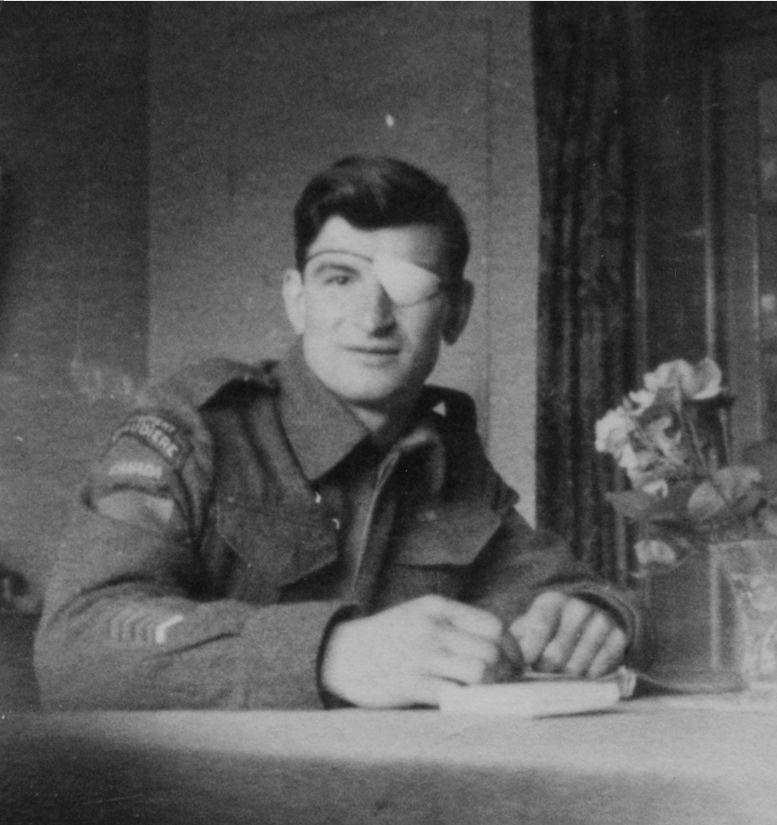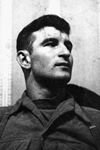I Was There! - Off Tunis Our Prison Ship Was Riddled
The War Illustrated, Volume 7, No. 157, Page 61, June 25, 1943.
During the Allied bombing which preceded the fall of Tunis 700 British soldiers, 200 American airmen and 35 officers imprisoned in an Axis ship had a hair-raising experience. Major T. Braithwaite relates below how they were attacked by our own fighter-bombers.
One bomb fell so near that it started our plates. We leaked so badly that we had to turn back. We anchored in shallow water at La Goulette, where the vessel settled on the bottom, a helpless target for raid after raid. The Italians and Germans on board abandoned the ship, and the British and Americans took charge of it.
Our fighter-bombers attacked us continually, dropping bombs uncomfortably close and riddling the ship with cannon shells. Particularly fine work was done by a British officer, Lieut. Quartermaster Gordon, of the Royal Artillery. He stood at the entrance to the hold where all the British and American troops gathered for protection and gave them a running commentary on the attacks y our own machines. He was very quick at shouting down at them the direction from which the next attack was coming. That gave them time to rush to the opposite side of the hold so that they had a better chance of escaping the cannon fire. He was a big tall fellow and his cheerfulness and alertness helped to keep everyone's spirits up.
All behaved magnificently in what was quite an ordeal. We tried everything to let the airmen know that the ship was filled with Allied troops. We tried using the wireless. It wouldn't work. We tried flashing the "V" sign and draped the guns with white sheets. There were about 100 sick and wounded men on board. We fashioned big red crosses on the deck with signal flags and red leather from the settees in the passenger quarters. We also marked out the initials P.O.W. in four places.
The the raids stopped. An Italian officer in charge of the ships came aboard on his own with a solitary soldier to see that the wounded and sick were taken off. He knew he was bound to be our prisoner, and he handed over his revolver, and shortly afterwards boats came out to take us ashore. Tunis was in our hands.
Previous and next article from I Was There!
I Was There! - How Von Arnim Surrendered at Last
Our brigade columns of the Fourth Indian Division were working their way through hilly country in the St. Marie du Zit zone, 28 miles south of Tunis, on May 12 (said an officer of this famous unit), w
I Was There! - I Was One of the Nine Who Came Back
The closing scene in the glorious stand of the 155th Field Battery R.A. on Feb. 26, 1943, in Tunisia, was briefly described in page 77 of THE WAR ILLUSTRATED by one of the nine survivors who got back
Index
Previous article
How Many Germans Rest in Unnamed Graves?
In the great battles on the Russian front hundreds and thousands, nay millions, of German soldiers have died. But very few have had their obituary notices in the German newspapers, and in a host of in
Next article
The Glorious 155th Battery Fought to the End
Long and glorious is the history of the Royal Regiment of Artillery, but it may be doubted whether it contains any finer story than that of the stand of the 155th Field Battery on Feb. 26, 1943, in No





